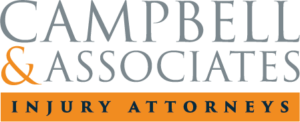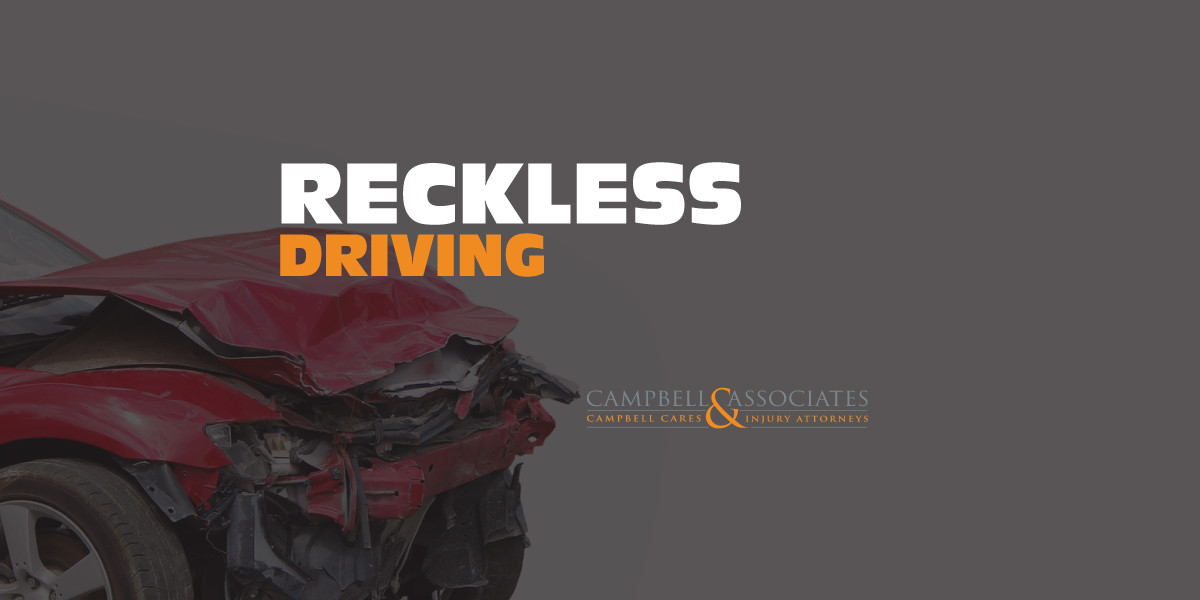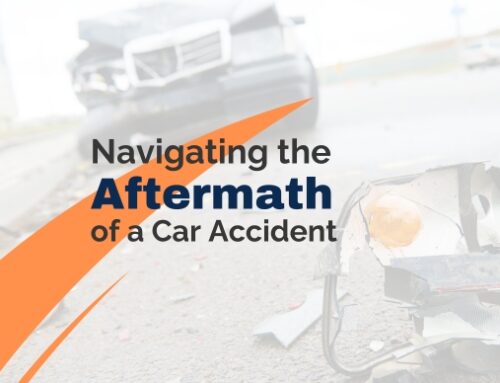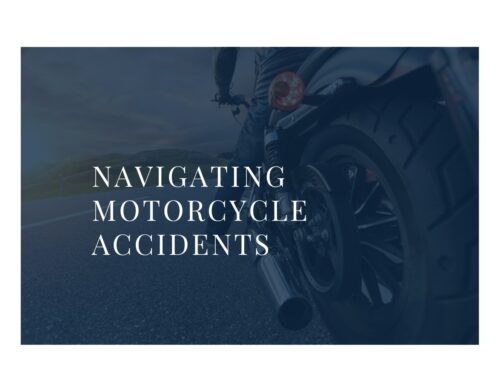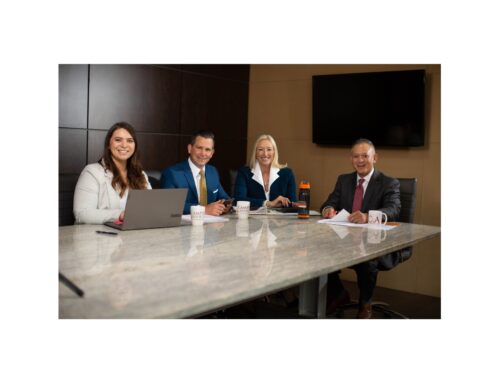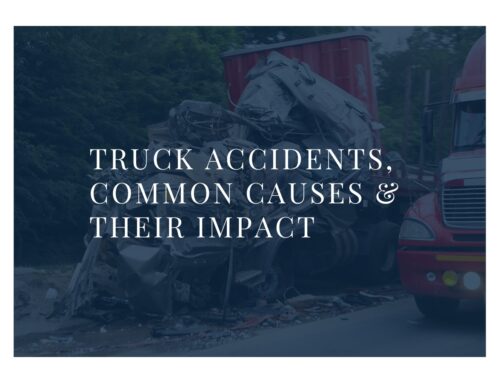The term “reckless driving” can encompass a lot of bad behavior. In general, it describes driving practices that stand out for the way they could result in an accident that causes destruction of personal property or the injury or death of the driver, the driver’s passengers, other drivers or passengers, pedestrians, bike riders or anyone else unfortunate enough to be a victim of the driver.
Reckless Driving Behaviors
The most common, obvious and unsafe forms of reckless driving are speeding and road rage. Most anyone can see how dangerous excessive speed and aggression from behind the wheel might be.
Other driving behaviors that the legal system calls reckless include running stop signs or red lights, “burning rubber” with sudden stops and starts and distracted driving, perhaps caused by the driver texting, being on the phone or losing focus because of engagement with passengers.
There are additional behaviors that might seem milder by comparison, but can still threaten people or property. This might include not using turn signals when turning or switching lanes, failing to merge or yield to other drivers who are trying to legally merge lanes, and following too closely behind another vehicle.
Sometimes drivers are reckless because they have little regard for the safety of the general public or even for those in the vehicle with them. Other times the driver may be impaired by alcohol or other illegal substances.
Have You Been a Victim?
Reckless driving can cause catastrophic damage to innocent parties. It can take a high physical, emotional and financial toll on yourself and others. You deserve every opportunity to fight for justice for such unsafe driving behavior.
If you have been physically injured or suffered a loss of a spouse or child at the fault of a reckless driver you may deserve compensation. Campbell & Associates has a team of legal professionals experienced with personal injury including auto accidents. Call 704.333.0885 today to schedule your free consultation.
